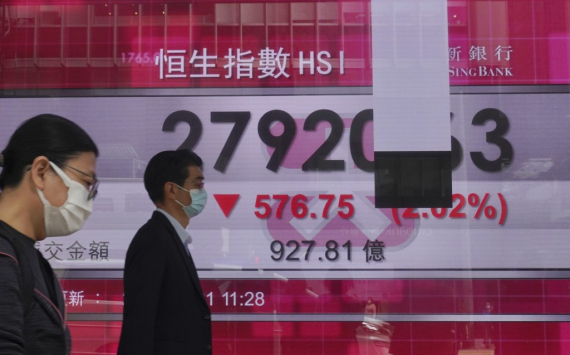
Asian news
SoftBank has managed to raise more than $6 billion by liquidating its shares in companies such as Facebook, Microsoft, Alphabet, Salesforce.com and Netflix and another $4 billion in partial sales of stakes in Uber Technologies and DoorDash, according to a filing with the Securities and Exchange Commission.
According to SoftBank founder Masayoshi Son, there is new interest in selling shares to fund deals in the investment arm of the Vision Fund. In the last quarter alone, the company invested $15bn in private equity start-ups. Son has also doubled the pot for Vision Fund 2, where SoftBank is the sole investor, to $40bn since the end of March.
The unit, in which Masayoshi Son holds a 33% stake, reduced its portfolio and shares in highly liquid securities to $13.6bn in June from $22bn at the end of 2020.
Vision Fund also sold about 5.6 million shares in California biotech company Guardant Health and 23.4 million shares in Chinese online real estate trading platform KE Holdings. Bloomberg estimates that the sales probably amounted to about $3bn.
TSMC capitalisation
CNBC reports that Taiwan Semiconductor Manufacturing (TSMC) has risen to $578 billion, making it the most expensive company in Asia.
The sharp rise in the company's value is primarily due to a shortage of chips in the market. Shares in chipmaking companies have been rising for the past few quarters. In addition, TSMC is one of the largest chip makers in the world, with all the advanced technology brands among its customers. The company's revenues are growing every quarter (up 23% in the last quarter), and it's investing tens of billions of dollars in production to ramp up production even more. Based on forecasts that the chip shortage will continue for another 2-3 years, investors are betting on further revenue growth.
Another reason for TSMC's capitalization increase is the drop in Chinese companies' stock prices. Thus, Tencent holding, which used to be the most expensive company in Asia, has been losing capitalization for several weeks in a row due to pressure of Chinese authorities on the local technology industry.

















